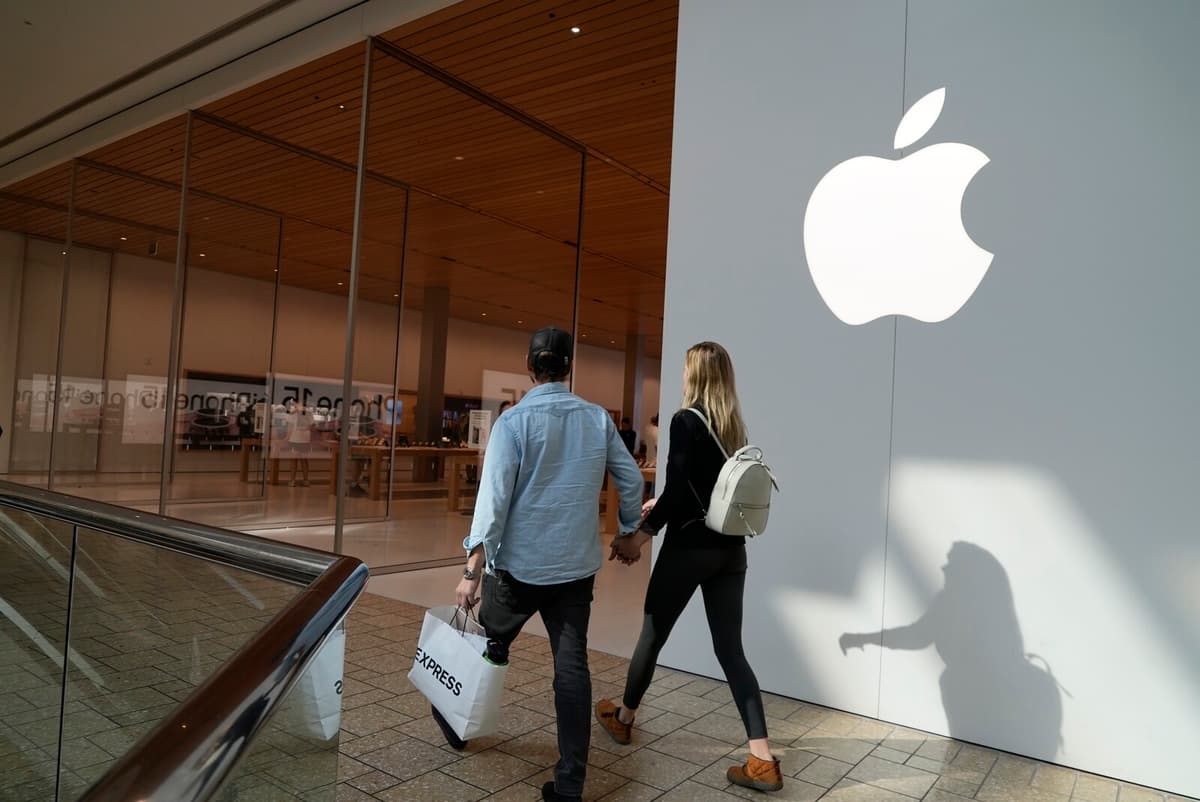Apple is fined 500 million euros – equivalent to 5.5 billion kronor – for its restrictions on App Store against other app developers.
For Meta, it's 200 million euros – 2.2 billion kronor – in fines for a previous payment system on Facebook regarding the use of personal information.
"Apple and Meta have deprived their users of their free choice and must change their behavior. We have a duty to protect our citizens and innovative companies in Europe", writes Henna Virkkunen, EU Commissioner for Technical Independence, Security and Democracy in a press release.
The fines come after investigations that have been ongoing since last year, when the EU's new digital market law (DMA) fully came into force.
New Strife with Trump?
The fines risk giving new impetus to the trade dispute with the USA, where President Donald Trump has already previously acted angrily towards the EU's digital laws DMA and DSA.
At the same time, the fine amounts are significantly lower than what could have been imposed by the EU Commission. This is mainly explained by the fact that the irregularities have been ongoing for a relatively short time, considering how long DMA has been in effect.
The Commission has also been accused of dragging out the decisions to avoid further antagonizing Trump. However, this is denied by involved officials.
Has anything changed since the Trump administration took office? Absolutely not from the Commission's side. The law has not changed. Our willingness to apply it has not changed, says an EU official at a background briefing in Brussels.
Apple: Unfair
Both Apple and Meta are reacting with anger and are expected to appeal.
"Yet another example of how the EU Commission unfairly targets Apple with decisions that are bad for our users' privacy and security and bad for products and forces us to give away our technology for free", writes Apple in a press release according to the AFP news agency.
"The Commission is trying to handicap successful American companies, but allows Chinese and European companies to operate under different conditions", claims Joel Kaplan, Meta's chief of global affairs, according to the AP news agency.
Digital Markets Act (DMA) is an EU regulatory framework targeting gatekeepers.
According to DMA, giants must give business users access to data, allow them to enter into agreements with end customers outside the giants' platforms, and in certain cases allow third-party actors to collaborate with their own services.
The giants may not favor their own products in terms of ranking, or prevent customers from uninstalling pre-installed software, or collect data outside the core platform without consent.
Currently, the EU Commission categorizes seven global network giants as gatekeepers: Alphabet (Google), Amazon, Apple, Booking, Bytedance (Tiktok), Meta and Microsoft.






